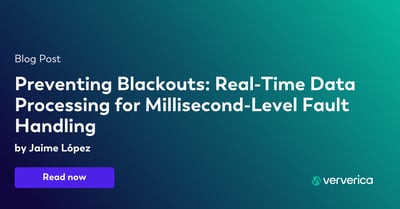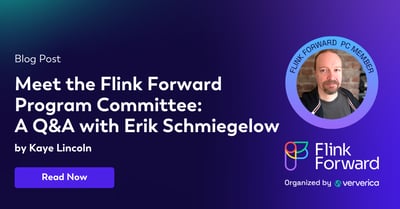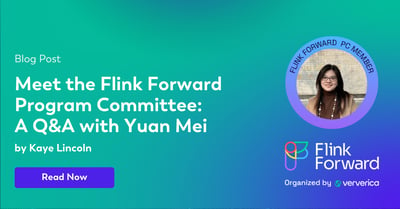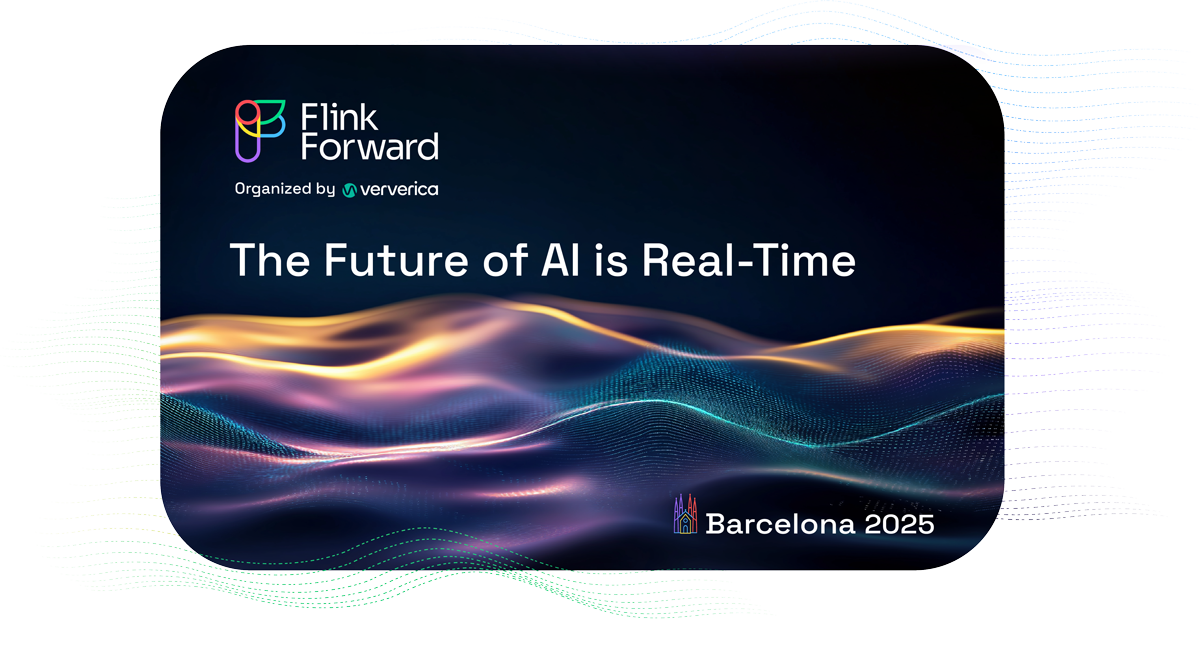Queryable State or How to Build a Billing System Without a Database
Konstantin Knauf and Maximilian Bode of Munich-based TNG Technology Consulting are no strangers to stateful stream processing. They've been working closely with Apache Flink® for well over a year now, and in their Flink Forward 2016 talk in Berlin, they detailed their experience building an anonymization platform for one of Germany's largest mobile network providers, processing billions of records in near-real-time every day.
And in April 2017, TNG is partnering with data Artisans to provide Apache Flink training for more than 20 of their developers, further spreading Flink expertise within the company.
 At Flink Forward San Francisco, Konstantin and Max will present "Queryable State or How to Build a Billing System Without a Database", getting into a sample use case for one of Flink 1.2.0's new features (which we covered at a high level in a blog post this week, too).
At Flink Forward San Francisco, Konstantin and Max will present "Queryable State or How to Build a Billing System Without a Database", getting into a sample use case for one of Flink 1.2.0's new features (which we covered at a high level in a blog post this week, too).  Their talk's abstract provides more detail:
Their talk's abstract provides more detail:
Traditionally, big data applications rely on the Lambda Architecture in order to achieve low latency as well as completeness. A streaming layer provides real-time previews while a complementary batch layer retrospectively recomputes the correct results. Using a robust stream processor like Apache Flink, we can do without the latter. But can we take it even one step further? This talk will discuss one of the upcoming features of Apache Flink with the potential to do just that.
As a real-world example, we have built a prototype for a robust billing system based on Flink and Queryable State. On the one hand, the system exposes the current monthly subtotals in real-time to front-end applications, on the other hand it reports the complete results to downstream systems, e.g. for invoicing. As completeness and correctness are core requirements for a billing system, we will demonstrate the system in multiple failure scenarios, including taskmanager and jobmanager failures as well as unavailability of downstream systems. This talk will give you an idea of how “Queryable State” combined with a robust stream processor enables new streaming uses cases and changes the future of streaming application architecture.
Won't be able to make it to Flink Forward San Francisco? No worries. TNG is hosting a Flink meetup in Munich on Thursday, April 27 where they'll present the talk again.
TNG Technology Consulting, founded in 2001, is made up of more than 250 employees in Munich, Germany. The firm provides support in agile software development, administration & operations, and IT management. To see Konstantin and Max's talk along with 25 others, buy your ticket to Flink Forward San Francisco today.

You may also like

Preventing Blackouts: Real-Time Data Processing for Millisecond-Level Fault Handling
Leverage real-time data processing for instant power outage detection. Im...

Real-Time Fraud Detection Using Complex Event Processing
Real-time fraud detection with Complex Event Processing helps identify su...

Meet the Flink Forward Program Committee: A Q&A with Erik Schmiegelow
Discover insights from Erik Schmiegelow of Hivemind on the importance of ...

Meet the Flink Forward Program Committee: A Q&A with Yuan Mei
Discover Yuan Mei's insights on streaming data, state management, and the...















